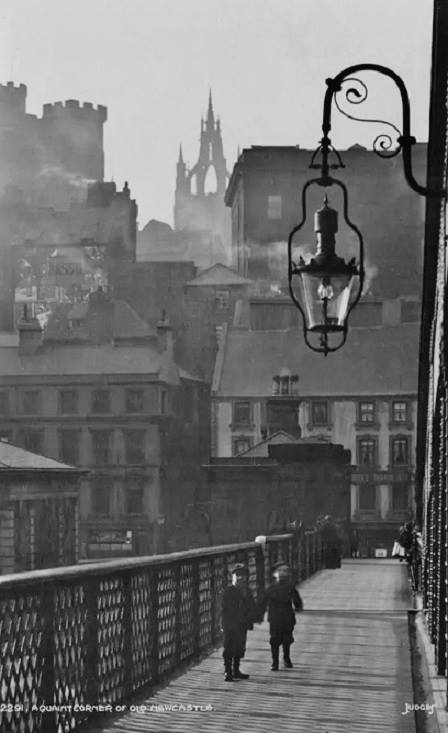The following poem was published in the anthology Living Rights: The Universal Declaration of Human Rights in Stories and Poems (volume one (articles 1-10) by Flames Books, Birmingham, England, edited by Marisa Antonaya. The poem grew out of a couple of interviews and a series of photographs that the Burmese woman kindly discussed and showed the poet.
The Universal Declaration of Human Rights was adopted and proclaimed by the General Assembly of the United Nations on December 10, 1948. There are in total 30 articles. In 2009 the United Nations celebrates its sixtieth year.
The quotation that heads the poem is from the photographer, Dean Chapman, who secretly took shots of daily life under the Burmese military dictatorship in the 1990s. The photographs formed an exhibition at The Side Gallery, Newcastle upon Tyne in 2000.
From The Testimony Of An Otherwise Citizen
for Colette Anderson
‘I find it impossible to be ‘objective’ in my approach to the joys, desperation and terrifying fear that the peoples of Burma experience. It is the indomitable spirit, their kindness, determination and humanity that motivates me to persevere with my documentation of these people’s endless suffering.’
Dean Chapman,1962
Rescheduled line closing in on Bristol,
Its cargo weighing considerably more
Than its usual crates where shades of English
Mixed with Burmese. The little ones their voices
Weak from expectation or the strangeness
Of a cooler landscape, pale complexion.
Hidden on board all the way from Rangoon
Like fraudsters living under pretence;
Playing up to the moods of sea,
Three siblings with enough noise to match,
Already toughened by father’s orders,
Their lives shored-up and stirring
From the dangers that always lurked within.
First it was the Yanks then the Aussies kicked out.
The army with their zeal saw fit to govern,
Beating unrest through more unrest, shouldered
The blame on those in retreat, and so were guilty
By their actions. The same when students torched
Your university. The soldiers raided,
But days before you had already fled.
Your father had his only weapon:
A billiard cue – with more hope than threat.
All roads straight, all led from the capital.
You clutching hand-held beads and blown-up views
Of Windsor Road where, flimsy like new shoots,
You had hauled yourself free of the good earth.
Another day the coast would have been
Your Shangri-La, as it was for grandfather.
Earlier that century he had roamed in
From Ireland, into the interior;
Though spoon-fed on occupation and famine
It gave him the chance to own a pharmacy,
What the army took out of private hands,
(As was discovered later) a return,
It was said – a going back to basics.
Another Sunday it would have been
Something sacred. Fussed over by servants,
Beyond serrated palms in the games room
Your father soon ahead in billiards.
He hadn’t played so well in weeks. Standing proud –
Talking compounds was more his thing. His rush
In the way he’d follow-through was lethal,
For each ball he had to slug he’d see as
his enemy to smash.
In the depression of the 1930s unemployed men from the North East were drafted into ‘instruction centres’, i.e. work camps. One such work camp was in Thetford Forest in East Anglia. There was a national timber shortage, and thanks mainly to them the forest is entirely man-made.
Floaters
As time went by they had to work for their dole money
In one of Whitehall’s appointed zones: the bleak railhead
Near Brandon where men from terrace were dragooned
Upon the heath – it was new to them.
In tented beginnings their eyes caught blown sand
Off Thetford Chase, its choking bracken,
Caught as the strange accents were between one people
That summer of 1936;
At first it was why they were greeted with suspicion -
If that was not punishment enough -
To make them want to turn back.
But then some men at the sniff of hay, local girls,
They forgot home and pride; themselves. They were a fillip,
An attention other than an ex-soldier’s orders,
What one must do and here’s the plan of action:
It stretched their limbs and patience to the maximum,
Putting up corrugated iron huts
That became for them their living quarters,
Complete with bunk beds and copper boiler.
Those huts in a row grew as the work grew
While the long exercise exhausted them;
Any thoughts of protest lost to men
Like cracked branches tossed aside in a gale.
Yet they lived in hope their spirit would not crack
Under the strain, be left voiceless, deferred; dry
As had this glacial plain.
On a long exercise more action
In the cutting of track in allotted space,
With ditches dug that some men were told to refill
Much later just to keep the backsliders busy,
A humiliation born out of superiority,
You know, the pointed finger, that kind of stuff.
But they still worked on a settler’s life,
Hardened to it, as ever, conditioned.
The bracken was gradually cut down, out of its tangle,
So all could see further down the nose of land.
As the settlers headed back to camp
The cleared ground opened up like a wound.
Next day the labourers were herded out,
Their bit done as behind them
The planters (the bees-knees) moved in en masse,
Yet their energy was soon stripped as loose bark.
Then in three years the forest looked primeval
From Gallows Hill the leafy way to timber.
But soon green trucks rolled over shaky ground
To carve out tracks through mud and spoils
While others with time off waiting for thumbs up
Took to local girls thrilled by their crisp uniforms,
Men living for today, close to the edge,
Seeing it as an interlude, dotage.










